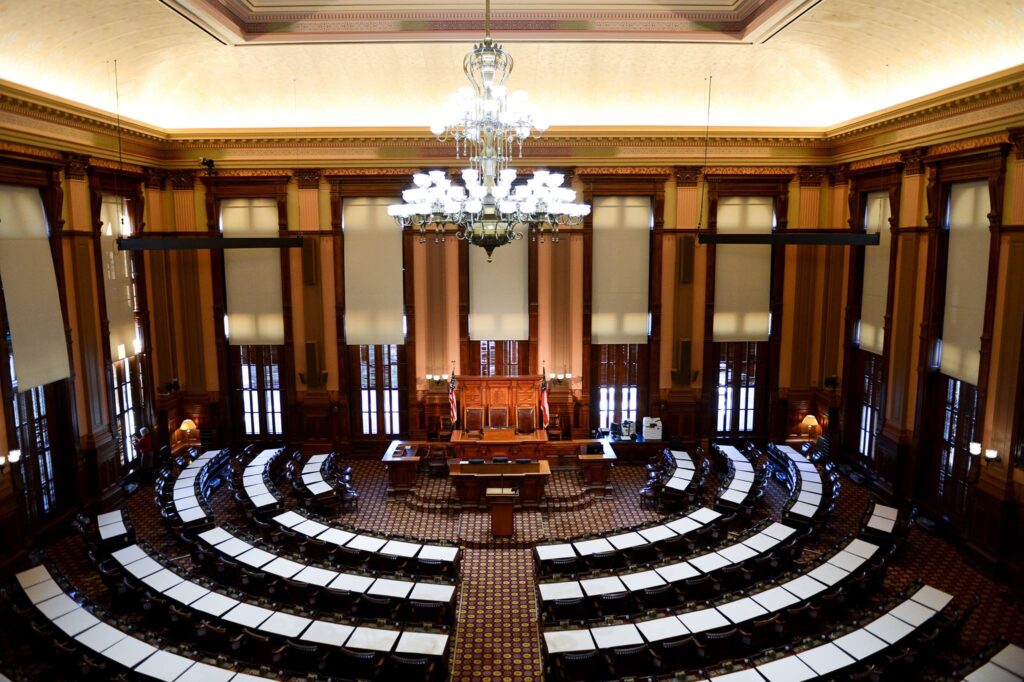Superdry, the British fashion brand known for its vintage American and Japanese-inspired clothing, announced on Thursday that CEO Julian Dunkerton, who also happens to be the company’s largest shareholder with a 26% stake, has decided against making an offer to buy the company.
This decision comes amidst discussions about various strategic options aimed at addressing the company’s financial challenges, including the possibility of Dunkerton purchasing the shares he does not own.
Despite the withdrawal of a potential buyout bid, Superdry, and Dunkerton remain open to exploring other strategic alternatives.
The company highlighted ongoing discussions with Dunkerton about different structures that could support Superdry’s recovery, one of which includes a potential equity raise underwritten by Dunkerton himself.
“The company remains in discussions with Julian Dunkerton in respect of alternative structures, including a possible equity raise fully underwritten by Julian Dunkerton,” stated Superdry.
Dunkerton has suggested that if an equity raise were to happen, it would likely occur at a “very material discount” to the current market value of Superdry’s shares.
Both Dunkerton and the company have released identical statements indicating that a takeover bid might not be in the best interest of shareholders and stakeholders, believing that the ongoing efforts by the company could offer more promising outcomes.
In a move to bolster its financial position and support its turnaround strategy, Superdry also disclosed an agreement to extend and increase its loan facility with Hilco Capital by up to £20 million ($25.3 million), extending the term by six months.
Additionally, Giles David, who assumed the role of interim finance chief in January, has been appointed to the operational board to contribute to the turnaround efforts and further discussions with Dunkerton.
Superdry’s stock had already seen a decline of about 5% on Thursday prior to these announcements, reflecting a year-to-date loss of approximately 16%.
The company had previously warned in January of challenging market conditions persisting in the near term, following a difficult holiday trading period.
